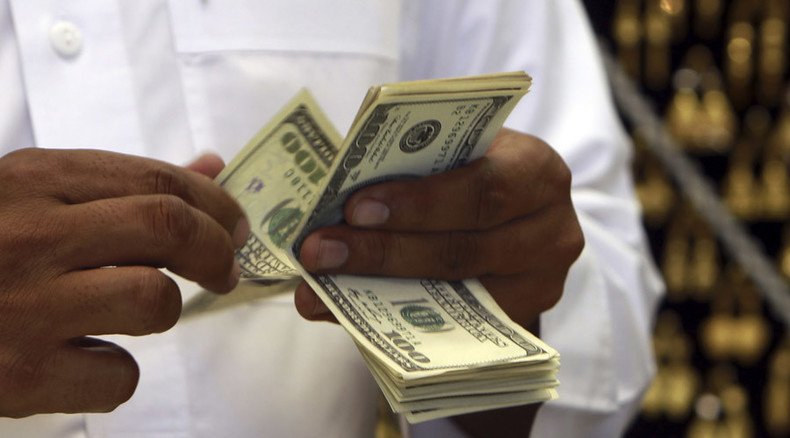Keeping the wealth: Income inequality makes rich people stingier, study says

The season of giving is just around the corner, but you shouldn't necessarily expect the wealthiest people to be the most generous, according to a new study. Rich people living in states with high income inequality are less likely to share their good fortune.
The research, conducted by professors at the University of Toronto's Rotman School of Management and Stanford University's Department of Sociology, used results from the Measuring Morality study – a nationally representative survey of 1,500 Americans, which gauges generosity through an approach called the “dictator game.”
‘There’s no justice’: Bernie Sanders tells conservative Christians inequality is moral crisis
http://t.co/0dFqJ24fU9pic.twitter.com/aS2F4jZp3s
— RT (@RT_com) September 15, 2015At the end of the survey – which has been shown to correlate with real-life giving – participants were told they had 10 raffle tickets, and were given an opportunity to transfer some of them to another, anonymous participant.
When the researchers sorted the results by states' levels of inequality, they found that people who made at least $125,000 a year in states with the most skewed pay scales were significantly less generous than their peers in states where inequality is less drastic.
To validate their findings, the team then recruited an additional 700 people online. Those volunteers were shown fake data that portrayed their home states as either having high or low inequality. They were given the same opportunity to donate raffle tickets to other participants.
#VIRAL: UK most unequal country in EU (worse than US) http://t.co/h5IhYhGvqlpic.twitter.com/zN1v5SHzxQ
— RT (@RT_com) May 20, 2015Once again, the wealthy people who believed they were in highly unequal states were less generous than poorer people. But that difference disappeared when people were told they were living in states with more even income distributions.
The authors believe the findings may show that concentrated wealth in the hands of a vast minority may lead to “the belief that one is more important and deserving than others.” That sense of entitlement for the rich may then cause them to “believe that resources rightly belong to them.”












